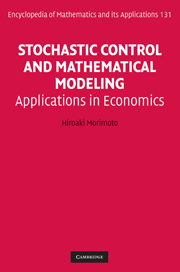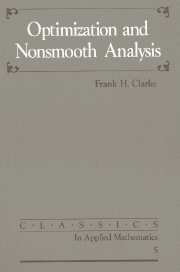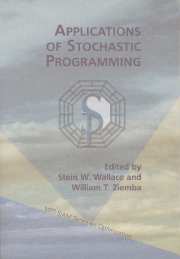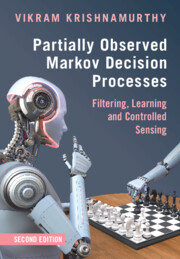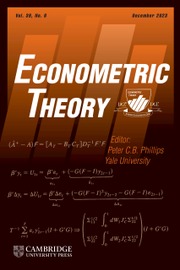Stochastic Control and Mathematical Modeling
This is a concise and elementary introduction to stochastic control and mathematical modelling. This book is designed for researchers in stochastic control theory studying its application in mathematical economics and those in economics who are interested in mathematical theory in control. It is also a good guide for graduate students studying applied mathematics, mathematical economics, and non-linear PDE theory. Contents include the basics of analysis and probability, the theory of stochastic differential equations, variational problems, problems in optimal consumption and in optimal stopping, optimal pollution control, and solving the Hamilton-Jacobi-Bellman (HJB) equation with boundary conditions. Major mathematical prerequisites are contained in the preliminary chapters or in the appendix so that readers can proceed without referring to other materials.
- Ideal for students and researchers who do not major in control theory
Product details
May 2012Adobe eBook Reader
9781139106634
0 pages
0kg
This ISBN is for an eBook version which is distributed on our behalf by a third party.
Table of Contents
- Part I. Stochastic Calculus and Optimal Control Theory:
- 1. Foundations of stochastic calculus
- 2. Stochastic differential equations: weak formulation
- 3. Dynamic programming
- 4. Viscosity solutions of Hamilton-Jacobi-Bellman equations
- 5. Classical solutions of Hamilton-Jacobi-Bellman equations
- Part II. Applications to Mathematical Models in Economics:
- 6. Production planning and inventory
- 7. Optimal consumption/investment models
- 8. Optimal exploitation of renewable resources
- 9. Optimal consumption models in economic growth
- 10. Optimal pollution control with long-run average criteria
- 11. Optimal stopping problems
- 12. Investment and exit decisions
- Part III. Appendices: A. Dini's theorem
- B. The Stone-Weierstrass theorem
- C. The Riesz representation theorem
- D. Rademacher's theorem
- E. Vitali's covering theorem
- F. The area formula
- G. The Brouwer fixed point theorem
- H. The Ascoli-Arzela theorem.

